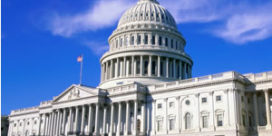Colleges seek cash for educational technology as budgets shrink
Thirteen states are set to drop higher-education funding by double digits in 2012, the federal stimulus has run out, and student enrollment continues its uptick, forcing colleges and…




